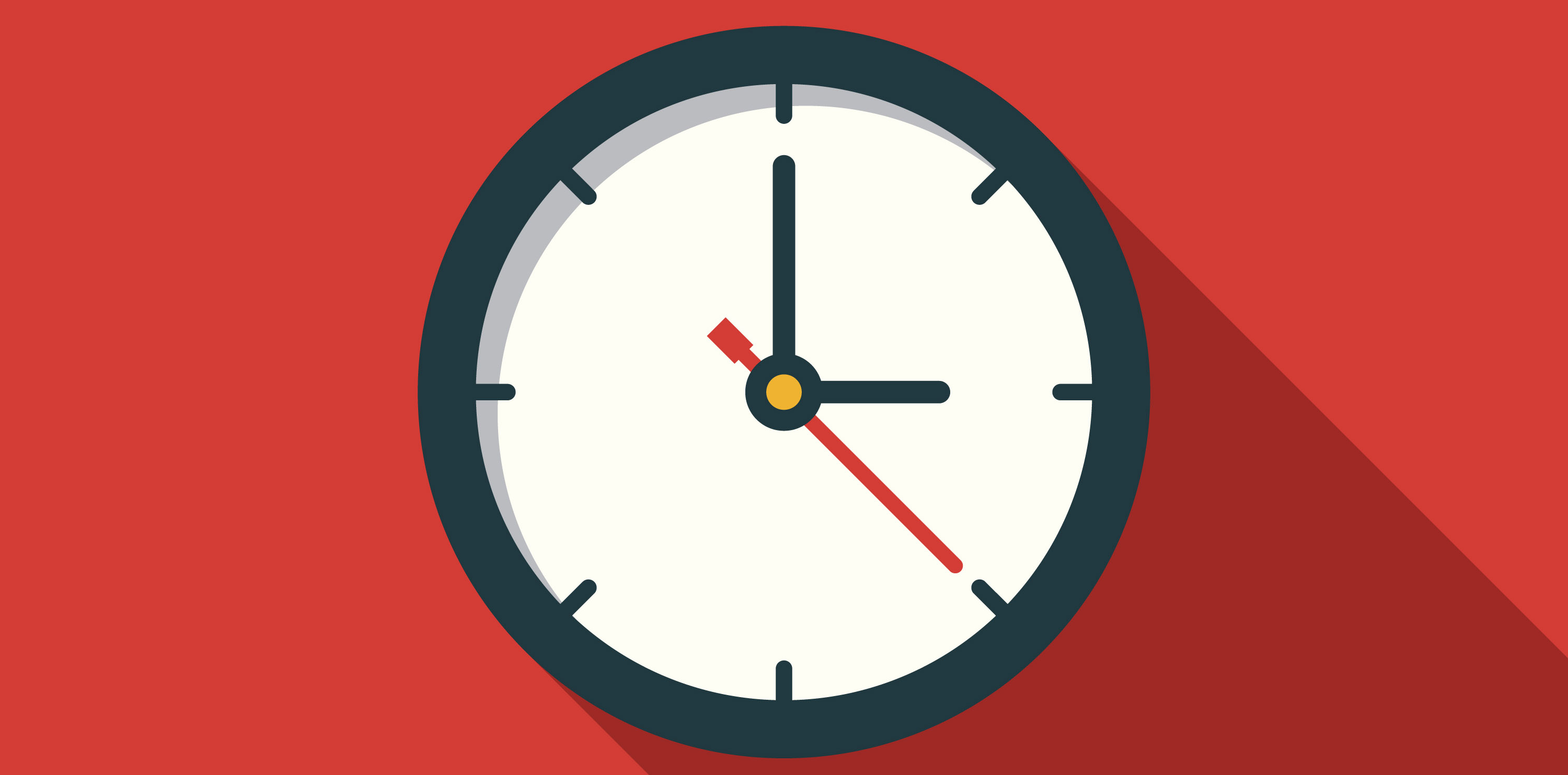If the proposed changes go ahead, patients could get higher rebates for longer consultations
The historical divide between specialist and GP rebate structures could soon be at an end, with the MBS review taskforce recommending time-tiered item numbers for specialists.
The new system, if implemented, would scrap the long-standing rebates for initial and subsequent consultations and replace them with item numbers that reward specialists for doing longer consultations.
Specialists have historically charged more for initial consultations than subsequent consultations because the first appointment is when they take a detailed history.
But the MBS review taskforce has decided to break with tradition, arguing that the new time-based system would be more equitable, more consistent and help patients give informed financial consent.
A spokesperson for the Department of Health said the proposed system would have a similar framework to the GP Level A to Level E consultations.
While the time-based approach is at the centre of the proposed changes, the exact rebate amounts for consultations of different lengths have not yet been decided.
The Specialist and Consultant Physician Clinical Committee released its draft report in February and is accepting feedback until 28 June.
The AMA is taking a cautious and critical approach to the proposed changes.
While some specialists might benefit from rebates for longer consultations, the AMA is concerned that some specialists might take a cut – and pass the extra cost onto patients.
The length of the consultation does not always represent the amount of work done by the doctor, particularly in specialties where time is spent researching or chasing records such as oncology, according to the AMA.
Dr Michael Wright, a GP and the chair of RACGP Expert Committee – Funding and Health System Reform, said the move to time-tiering could incentivise specialists to spend more time with patients.
“At present, a specialist who spends close to an hour evaluating someone with a severe, complicated, unusual arthritic condition gets the same rebate as a specialist who has a 10-minute consultation with a patient being treated for something quite simple,” he said.
But the new rebate model would only properly reward longer consultations if the rebate per minute was similar for short and long consultations, he said.
Currently, bulk-billing GPs earn more money by doing a high-volume, short consultations than by doing a few long consultations.
If the new system mirrors the old, these dinsincentives might discourage long specialist consultations too, said Dr Wright.
Higher rebates for initial consultations were now becoming redundant in some specialties like cardiology and orthopaedics, where technology has made history-taking less important, said Emeritus Professor Max Kamien, a recently retired Western Australian GP.
“The initial consultation in some specialties is now so rapid that it is now a booking in for a procedure rather than a consultation” he said. “Most of the money comes from the procedure and the initial consultation fee is just pocket money.”
In other specialties, however, the initial consultation is necessarily lengthy, complex – and pricey.
“At our practice, with initial consults, if it is complicated and we take more than 40 minutes, we do charge a higher fee with the 132 item number used so the patient also gets a higher rebate,” said Dr Irwin Lim, a rheumatologist based in Sydney.
“Time-tiered consultations may be better or worse financially for the doctor,” he said. “There is no way to tell until actual details as to fees are made available.”
In 2016-17, rheumatologists charged the sixth highest out-of-pocket fee out of all specialists – $120 for an initial consultation.
Neurologists, palliative medicine specialists, immunologists and allergists and sport and exercise physicians all had a higher gap fee than rheumatologists. Clinical geneticists came in first with a $161 gap fee.


